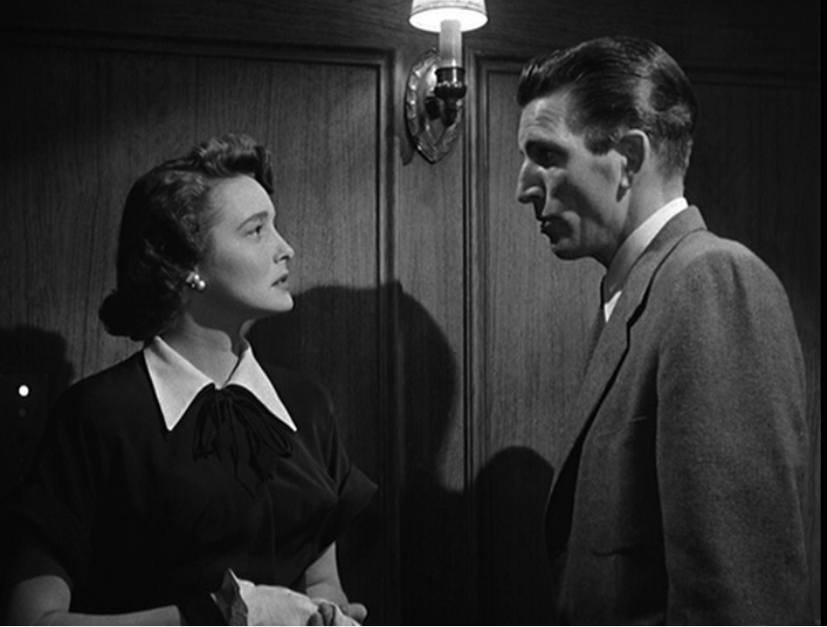Movie Review: The Day the Earth Stood Still (1951) dir. Robert Wise
The humans of Earth are a fractious lot. Why, just six years ago, they had an entire World War, as a result of which they created and used atomic weapons. You’d think they would have learned their lesson, but instead they went right into a Cold War, turning hot in places like Korea. And they’re building rockets to explore beyond their atmosphere! If the Earthlings got off their own planet while still maintaining their warlike ways, other worlds might be threatened. Someone should really go and have a word with them.

And so Klaatu has come to Earth with his mighty robot companion Gort. They land their saucer in a Washington, D.C. park near the Mall. Klaatu speaks words of peace, but when he pulls out a device that looks a teensy bit like a ray gun, a nervous soldier shoots him. Gort raises his visor and reduces multiple pieces of military hardware to ash before Klaatu gets his breath back enough to ask Gort to stop.
Klaatu recovers in a nearby hospital, but the governments of Earth refuse to meet together to hear his message, even at the United Nations. Realizing he needs to learn more about the Earthlings before taking his next step, Klaatu escapes from the hospital and assumes the identity of Mr. Carpenter, a traveler who takes a room at a boarding house.
There he meets widow Helen Benson and her son Bobby, who Mr. Carpenter makes a good impression on. So much so, that when Helen steps out with her new boyfriend Tom, an insurance salesman, she allows Mr. Carpenter to babysit Bobby by having the boy guide him around town. Bobby enables Klaatu to see that Earth people do have some capacity for goodness and growth, and enables Mr. Carpenter to get in contact with Earth’s greatest scientist, Professor Barnhardt.
Professor Barnhardt is willing to assemble an international conference of scientists to hear Klaatu’s message, and asks for a non-lethal demonstration of the alien’s power to back up his words. Klaatu does so, halting most electrical activity on Earth (except where that would kill people) and making the Earth Stand Still. The military does not respond well, and this sets up the spine-tingling conclusion.
This 1951 film is deservedly considered one of the all-time classic science fiction films, far above the schlock treatment the genre usually received at the time. The acting is decent, the effects very well done given technological limitations (there were two Gort costumes with zippers in different places, depending on whether Gort is facing towards or away from the camera.) The theremin music is spooky, and the writing is also good. Even though all of the action is confined to the Washington area, the international nature of the crisis is frequently shown, and even in American crowds we see some diversity.
A hilarious moment for later audiences is when two doctors are baffled by the fact that Klaatu’s people live twice the lifespan of Earth humans, and wonder how this is accomplished–then light up cigarettes.
There is one clunker of a line late in the film, put in at the insistence of the censors, about how raising the dead permanently is reserved for “The Almighty.” And there’s that moment at the beginning where Klaatu stupidly makes a sudden move in front of a nervous and highly armed crowd.
Highly recommended for any science fiction fan who has somehow not seen it before, or only seen the much less well done remake.


The Day the Earth Stood Still is one of my all-time favorite films. I would recommend reading “Farewell to the Master” by Harry Bates. It provided the basis of the movie.
Thanks for stopping by! Yes, “Farewell to the Master” is a classic story in its own right, with its own famous twist.